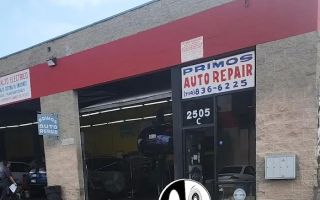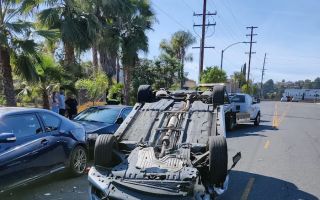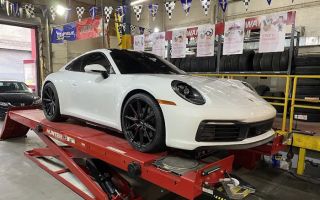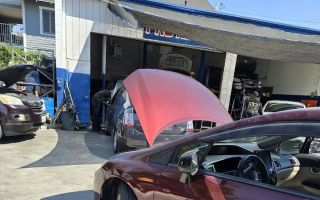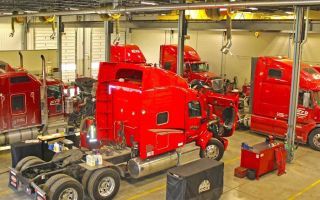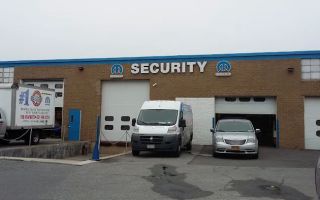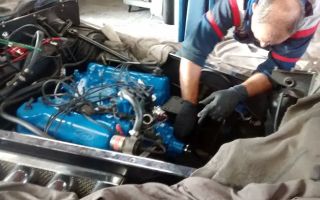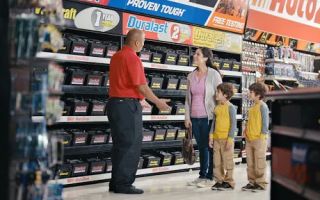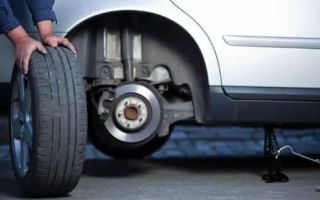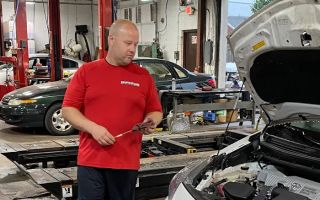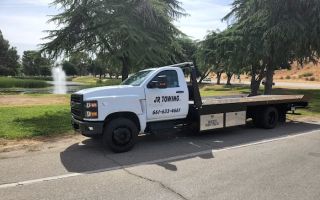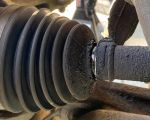- 1-Understanding the Risks of Driving Near Construction Cranes
- 2-Essential Safety Tips for Drivers
- 3-How to Handle Unexpected Situations
- 4-Real-World Examples and Lessons Learned
- 5-Why Rescue & Towing Recommends Proactive Driving
1. Understanding the Risks of Driving Near Construction Cranes
Construction cranes are an essential part of urban development, but they also create unique road hazards for drivers. The combination of heavy machinery, reduced visibility, and shifting construction zones requires drivers to stay alert at all times. When cranes are operating close to roadways, sudden movements, swinging loads, or strong wind conditions can make driving nearby unpredictable and potentially dangerous.
Many accidents around construction sites happen not because of crane malfunctions, but due to distracted or impatient driving. Understanding these risks helps drivers anticipate potential hazards and react calmly when navigating near cranes or construction equipment.

AJ's Auto Glass & Detailing
4404 S 84th St, Omaha, NE 68127, USA
2. Essential Safety Tips for Drivers
2.1 Keep a Safe Distance
The most important rule when driving near cranes or construction equipment is maintaining distance. Staying at least several car lengths away from the work zone gives you time to respond if a crane swings, lifts materials, or if debris falls unexpectedly. Avoid tailgating trucks or vehicles that may block your line of sight to the construction area.

AJ's Auto Glass & Detailing
4404 S 84th St, Omaha, NE 68127, USA
2.2 Reduce Speed and Stay Alert
Speed limits in construction zones are lowered for good reason. Reducing your speed gives you more control and time to react to sudden changes, such as lane shifts or workers crossing the road. Pay attention to signage, cones, and flaggers — they are there to guide traffic safely around work areas.
2.3 Avoid Distractions
Using your phone or adjusting your navigation system while driving near cranes can lead to serious accidents. Keep both hands on the wheel and your eyes on the road. Construction sites are unpredictable environments where even a moment of distraction can result in an emergency.
2.4 Follow Flaggers and Signage
Flaggers play a critical role in managing vehicle flow through active construction zones. Always follow their directions, even if they contradict traffic signals — they have real-time awareness of crane operations and worker movements. Ignoring these signals not only risks fines but can endanger both you and the workers on site.
3. How to Handle Unexpected Situations
3.1 When Equipment Moves Suddenly
If a crane or large piece of machinery starts moving unexpectedly, remain calm and avoid abrupt steering. Gradually slow down and allow the operator to complete the maneuver before passing. Never assume the operator can see you — blind spots around cranes can be extensive, especially when lifting heavy materials.
3.2 Dealing with Debris or Obstructions
Construction debris such as gravel, nails, or concrete pieces can appear on the road without warning. Keep a safe distance from construction trucks to reduce the chance of debris hitting your windshield. If you spot a large obstruction, safely change lanes or stop until it’s cleared. Using hazard lights to alert drivers behind you is a responsible move.
3.3 Responding to Accidents or Emergencies
If an accident occurs near a crane site, pull over to a safe location away from heavy machinery. Avoid blocking access routes for emergency vehicles. Contact local authorities immediately, and if your vehicle becomes disabled, companies like Rescue & Towing can provide professional roadside assistance to help you safely relocate your car.
4. Real-World Examples and Lessons Learned
In one widely reported incident in Texas, a driver ignored a construction zone warning and attempted to overtake traffic near a crane site. The sudden gust from a passing crane arm caused the vehicle to lose control, leading to a multi-car collision. The investigation revealed that reduced visibility and driver impatience were key factors — both preventable with proper caution.
Another case in California involved a crane operator accidentally dropping construction material close to a highway lane. Thanks to quick reactions and proper spacing by nearby drivers, no one was injured. This example reinforces why maintaining distance and attentiveness can make the difference between a near miss and a major accident.
5. Why Rescue & Towing Recommends Proactive Driving
At Rescue & Towing, we’ve seen firsthand how quickly accidents can happen around active construction sites. Our roadside recovery teams often assist drivers caught in situations involving heavy machinery or debris. That’s why we emphasize proactive driving habits — slowing down, staying alert, and keeping your vehicle in excellent condition before traveling through construction-heavy areas.
We also recommend that drivers plan alternate routes when possible, especially during peak construction hours. Checking navigation apps for updates and giving yourself extra time to reach your destination can greatly reduce stress and improve safety. And if you ever find yourself in trouble on the road, Rescue & Towing is always ready to provide reliable assistance wherever you are.

